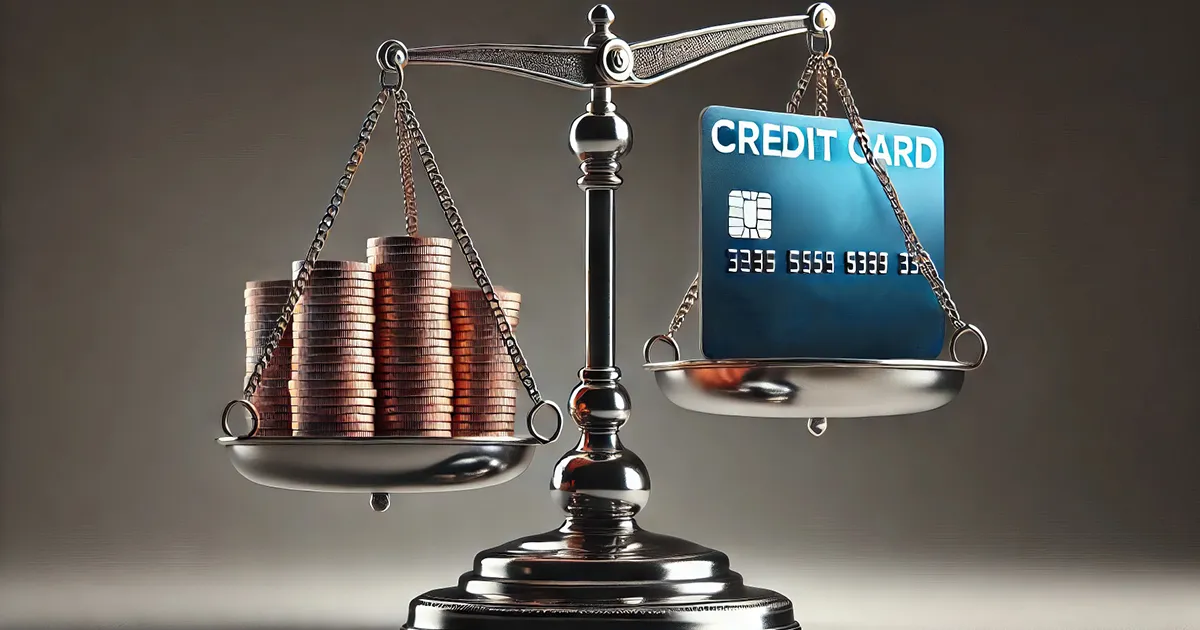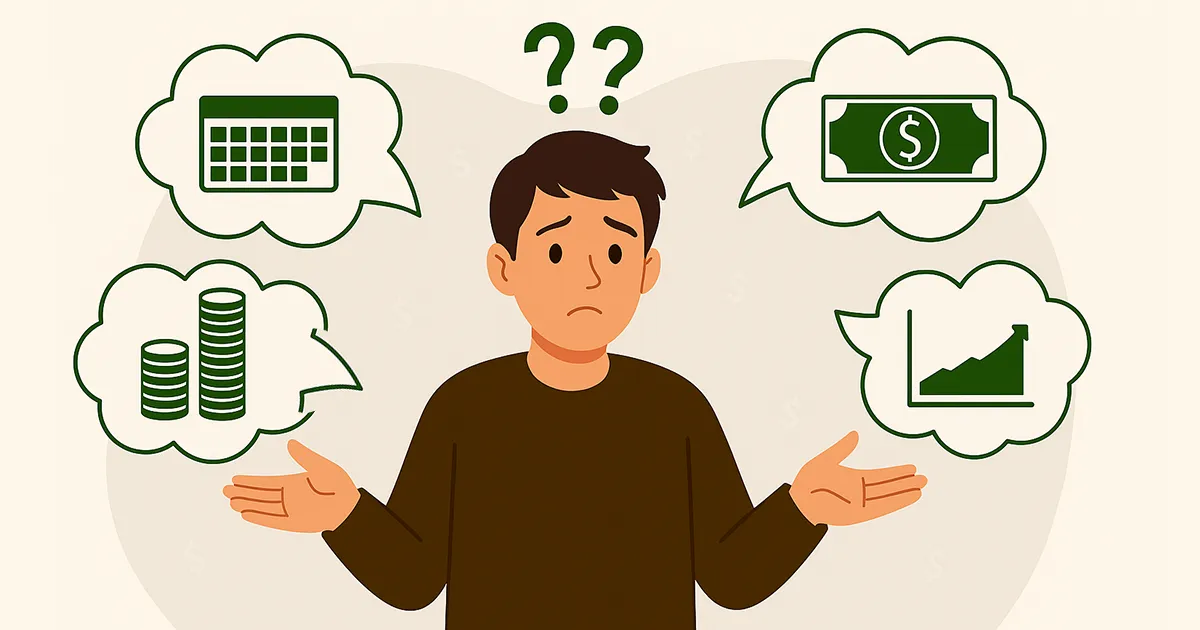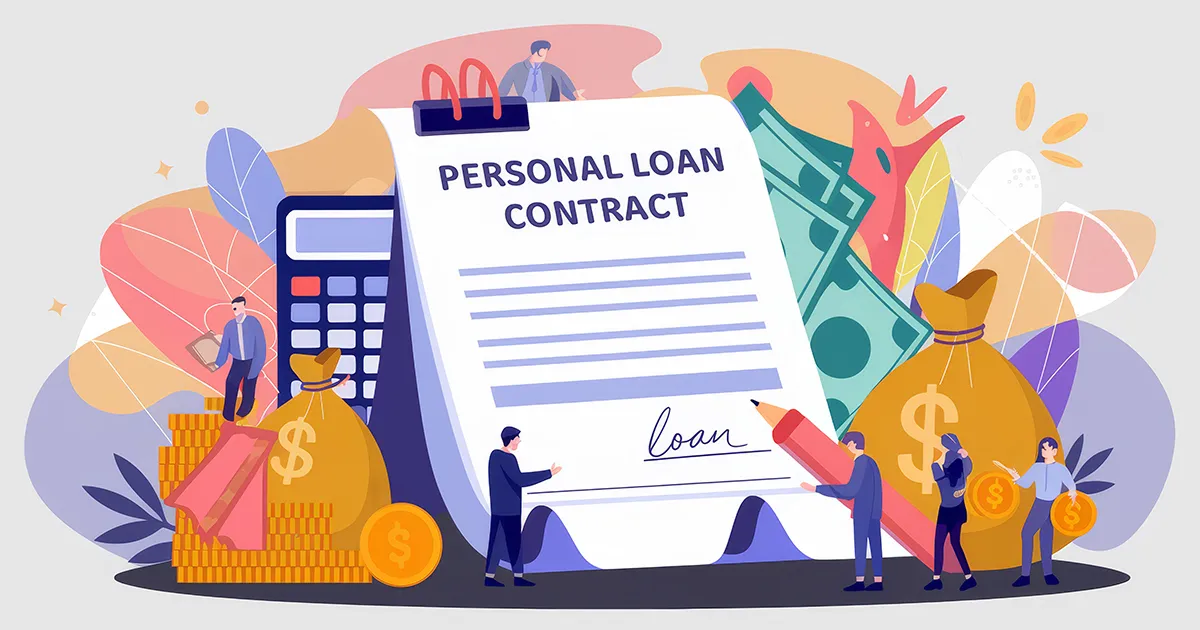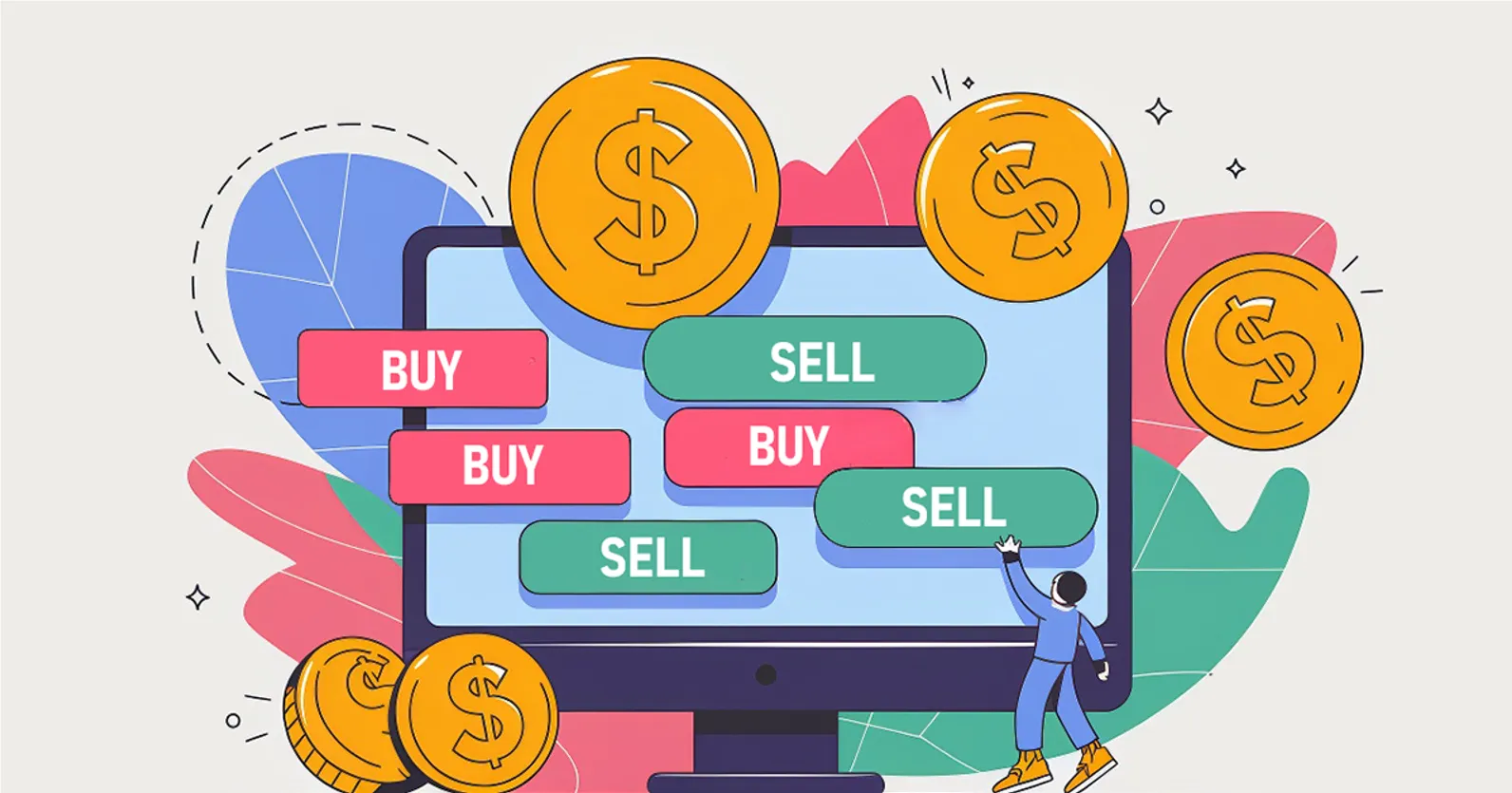
In the age of contactless payments, online shopping, and tap-to-pay technology, the choice between using cash or credit might seem trivial—just a quick decision at the checkout line. But what if I told you that this seemingly small choice can shape your financial future in ways you never imagined? Whether you’re someone who swears by cold, hard cash or a credit card enthusiast racking up rewards, the truth is that when and how you use these tools can either build your wealth or slowly chip away at it.
Most of us don’t stop to think about the impact of each swipe or cash handover. We may use credit to earn rewards or go with cash to avoid accumulating debt. But there’s more to it than that. In this article, we’re diving deep into the real-world implications of using cash versus credit—not just to keep your budget in check, but to actively maximize your wealth. By understanding the right time and place for each payment method, you’ll start making smarter financial decisions that lead to long-term gains. So, should you reach for cash or credit? Let’s find out.
In today’s fast-paced world, our financial decisions have never been more automated. Swipe your card, tap your phone, and your transaction is done in seconds. But behind every simple payment lies a critical choice that most people overlook: should you pay with cash or credit? It seems like a small, almost insignificant decision at the moment, but how you choose to pay can have a profound effect on your financial future. Every time you make a purchase, you’re either gaining control over your money or unknowingly losing out on opportunities to build wealth.
Think about it—how often do you decide between cash and credit based on strategy, rather than habit or convenience? Most people don’t, and that’s where the problem starts. Using cash might feel safer, like you’re in control, spending only what you physically have. On the other hand, credit cards lure you in with rewards, cashback offers, and the illusion of flexibility. But here’s the thing: both cash and credit have their place, and knowing when to use one over the other is key to maximizing your wealth.
The choice isn’t just about immediate convenience—it’s about long-term financial strategy. Cash can help you stick to a budget and prevent debt, while credit, when used responsibly, can unlock rewards and build a strong financial foundation. This article will guide you through understanding when to use cash and when to use credit, helping you make smarter financial choices that can truly impact your wealth in the years to come.
It’s not just about spending—it’s about spending smarter. Ready to learn how? Let’s dive in.
There’s something undeniably satisfying about paying with cash. It’s tangible, it’s immediate, and when it’s gone, it’s gone—no lingering bills to worry about later. Using cash forces you to confront exactly how much you’re spending, making it a powerful tool for those who want to stay on top of their finances. It’s a simple, effective way to limit overspending, especially when trying to stick to a budget.
Studies show that people tend to spend less when paying with cash because physically handing over money feels more significant than swiping a card.
Cash also offers an element of security. There’s no risk of accumulating interest, no late fees, and no possibility of sinking into debt. When you’re using cash, you’re spending within your means—period. This can be especially beneficial for people who struggle with impulse buying or have difficulty managing credit responsibly. For smaller purchases, day-to-day expenses, or when trying to tighten your budget, cash is often the better option.
However, while cash can help you maintain control over your spending, it has its limitations. Carrying large amounts of cash is not always practical or safe, and in today’s increasingly digital world, relying solely on cash means missing out on the benefits that credit cards can offer. Moreover, cash doesn’t help you build a credit history, which is critical for future financial opportunities, like securing a mortgage or getting approved for a loan. So, while cash may be king in some situations, it’s not always the best option for maximizing your wealth.
On the other side of the financial coin, we have credit. Unlike cash, credit gives you access to funds you may not currently have in your wallet, providing flexibility and convenience. The allure of credit cards is strong, especially when they come with enticing rewards programs—cashback, airline miles, and exclusive discounts. Used strategically, credit cards can be powerful financial tools that not only allow you to defer payments but also earn rewards for purchases you were already going to make.
But with great power comes great responsibility. Credit cards come with a hidden cost: interest rates. If not managed carefully, what seemed like a convenient purchase can spiral into an expensive debt cycle. Paying only the minimum balance allows interest to pile up, quickly turning a $100 purchase into a much bigger financial burden. This is where many people fall into the trap of credit—focusing too much on short-term rewards and not enough on the long-term consequences.
Still, when used wisely, credit can be a strategic asset. Building a solid credit history opens doors to financial opportunities, such as loans with lower interest rates, better insurance premiums, and even job offers (since some employers check credit reports). For larger purchases, like booking travel or shopping online, credit cards offer protection against fraud, extended warranties, and purchase insurance—benefits that cash simply can’t provide.
Now that we’ve explored the strengths and weaknesses of both, the next logical question is: when should you use cash, and when should you opt for credit? The answer depends on your financial goals, the situation, and how disciplined you are with money.
For everyday purchases, especially smaller ones, cash can help you stick to your budget and avoid unnecessary spending. Things like groceries, coffee, or small local services are often better paid in cash. It creates a clear, immediate sense of spending, which helps curb the temptation to overindulge. If you’re someone who struggles with keeping a handle on impulsive buys, cash forces you to stay within your limits.
Additionally, cash is king when it comes to avoiding debt. If you’re trying to dig yourself out of debt or just want to avoid accumulating it in the first place, sticking to a cash-only policy can be a lifesaver. Without the option to “pay later,” you’re naturally forced to live within your means.
On the flip side, credit shines when used strategically for bigger purchases or when taking advantage of rewards. For example, if you’re planning a trip or making a large purchase like electronics, using a credit card can provide perks like travel insurance, price protection, or extended warranties that cash simply can’t offer.
Credit is also the smarter choice for building your credit history. If you ever plan to apply for a mortgage, car loan, or any other form of significant credit, your credit score will matter. The key to using credit effectively in this scenario is to pay off your balance in full each month. This way, you’re not paying interest, but you’re still reaping the rewards of credit and boosting your financial profile for the future.
Another important scenario where credit beats cash is for emergency expenses. While it’s ideal to have an emergency fund in cash, there are moments when you may need immediate funds that exceed what you have on hand. In these cases, having access to a credit line can save you from falling into a worse financial situation, provided you can pay it back without accumulating crippling debt.
The reality is that you don’t have to choose one over the other—learning how to balance cash and credit is the key to financial success. A hybrid approach allows you to enjoy the best of both worlds: the discipline of cash and the perks of credit. By using cash for everyday purchases and credit for larger, planned expenses, you can manage your spending while still benefiting from credit card rewards and building your credit history.
The key to mastering this approach is understanding your spending habits, setting clear financial goals, and using each payment method to your advantage. Cash helps you stay grounded in the present, while credit, when used responsibly, can help you secure a wealthier future.
While cash and credit both offer distinct advantages, there are common pitfalls that can undermine your financial strategy.
The choice between cash and credit isn’t just about how you prefer to pay—it’s a strategic decision that can influence your overall financial health. Cash offers simplicity, discipline, and immediate spending control, while credit, when used wisely, opens the door to rewards, protections, and credit-building opportunities. The key is finding the right balance between the two, using cash when it keeps you grounded and disciplined, and leveraging credit when it makes financial sense to do so.
By understanding when to use each method, setting clear financial goals, and maintaining control over your spending, you can maximize your wealth while avoiding the pitfalls of debt and overspending. Whether you’re trying to stick to a budget, build your credit, or save for a major purchase, the right mix of cash and credit can help you get there faster and with fewer financial headaches.
With these steps, you’ll not only gain more control over your finances but also set yourself up for long-term financial success. It’s not about choosing one over the other—it’s about knowing how to use both to your advantage. Start making smarter spending decisions today, and watch your wealth grow tomorrow.
Share with like-minded people!
Lorem Ipsum is simply dumy text of the printing typesetting industry lorem.

Starting a microgreens business? Don’t repeat the usual mistakes. This guide reveals why many fail—and what you can do differently to succeed.

Wondering if microgreens can be profitable? This guide breaks down how to grow, sell, and scale a microgreens business the right way—without hype.

AI in trading is rising fast, but can it really predict stock market trends? Discover what AI gets right, where it fails, and how to use it wisely for investing.

Tired of juggling side hustles with little payoff? Learn how mastering one high-income skill can help you earn more, work less, and build long-term freedom. This guide breaks down why focus is your most valuable asset in today’s crowded hustle economy.

Discover the essentials of personal loans—how they work, their benefits, potential risks, and smart borrowing strategies to meet your financial goals effectively.

Explore the best platforms for buying and selling domains with a focus on GoDaddy, Sedo, Flippa, Namecheap, and Afternic. Learn which marketplace suits your domain trading needs best.